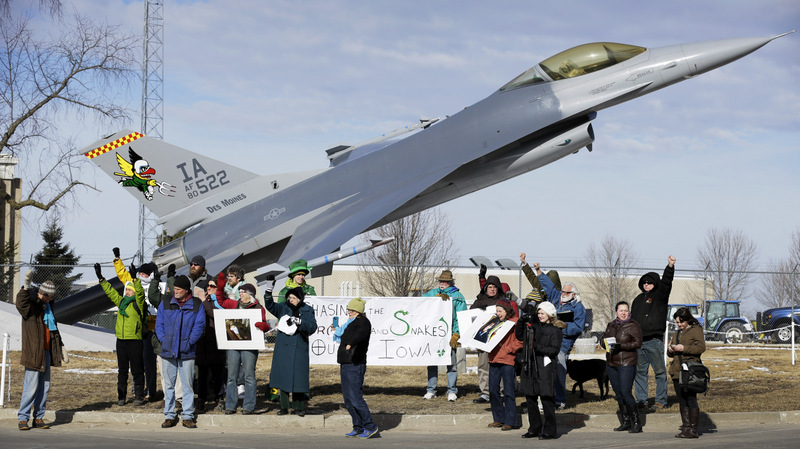
GENEVA — Diplomats urged the adoption of new international laws Tuesday that could govern the use of « killer robots » if the technology becomes reality someday.
At the first United Nations meeting devoted to the subject, representatives began trying to define the limits and responsibilities of so-called lethal autonomous weapons systems that could go beyond human-directed drones.
The tone of the four-day gathering was set by Michael Moeller, acting head of the U.N.’s European headquarters in Geneva, who urged the delegates to take « bold action » by adopting pre-emptive new laws to ensure there is always a person directing the weapons.
« All too often international law only responds to atrocities and suffering once it has happened, » said Moeller, a Danish diplomat. « You have the opportunity to take pre-emptive action and ensure that the ultimate decision to end life remains firmly under human control. »
Delegates from many of the nations said existing laws won’t cover future weapons that could decide on targets without human intervention.
« It is indispensable to maintain control of the decision to kill another person, » German Ambassador Michael Biontino told the meeting.
Brazil’s Ambassador Pedro Motto Pinto Coelho said the automation of the battlefield seems inevitable, but it isn’t a new phenomenon, and « the fascination produced by technology shall not prevent us from raising relevant questions about the convenience and consequences of our future choices. »
U.S. diplomat and legal adviser Stephen Townley cautioned the meeting against trying to « pre-judge » the uses of emerging technologies.

